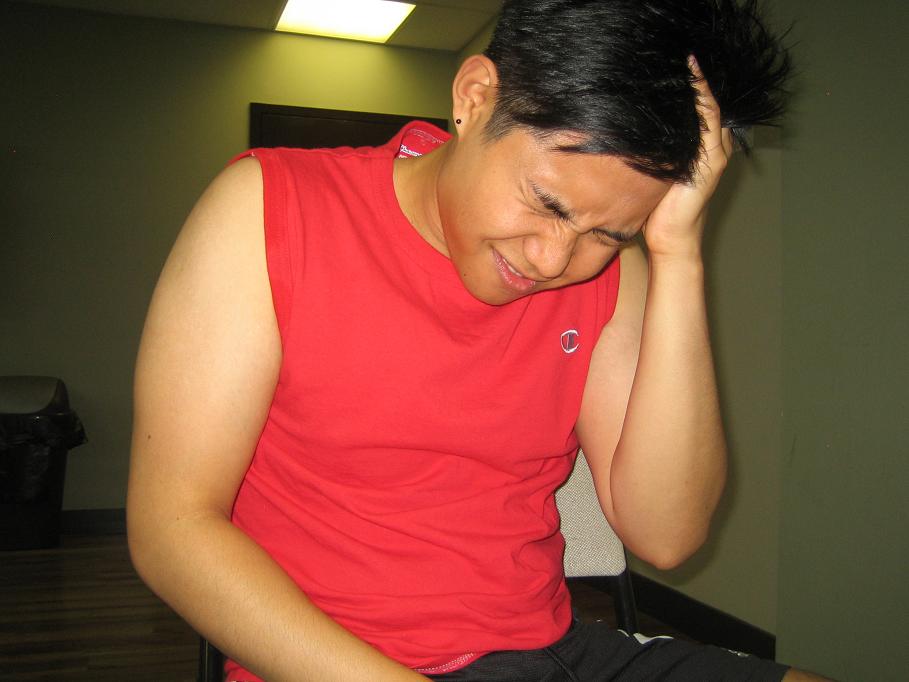Cluster headaches are one of the most painful types of a headache that occur in a cyclical pattern or clusters. This headache typically wakes you up in the night with intense pain focused in or bordering one eye on one side of the head.
These outbursts of frequent sudden attacks or cluster periods, can last for weeks up to months. It is followed by periods where the headaches stop. The period that the headaches stop is called a remission period. During the remission period, the time that headaches stop and don’t occur lasts about a month or sometimes even years.
Cluster headaches are rare and are not life-threatening. There are various treatments that help ease the pain and make cluster headaches attacks shorter and less severe. There is also medication that can help reduce the number of cluster headaches.
Signs and symptoms of a cluster headache

- Excruciating pain in or around one eye, but may also radiate to other areas of the face, neck and shoulders
- Pain on one side of the head
- Undue tearing
- Restlessness
- Eye redness
- Blocked or a runny nose forehead or facial sweating
- Pale or flushed skin on the face
- Swelling around the eye on the affected side
- Drooped eyelids
Cluster periods can generally last from six to twelve weeks. The starting date and duration of the cluster might be consistent from period to period. An example is: a cluster period can occur on a specific season such as every winter or every spring.
The pain typically arises and suddenly ceases, with rapidly declining intensity. After the episodes, most people are free from pain, but tired.
When to see a doctor?
See your doctor as soon as possible if a cluster headaches occurs for proper diagnosis to rule out other disorders and to receive the proper treatment.
Headache pain, even when severe, usually isn’t an indication that there is an underlying disease. But headaches also usually indicate a serious underlying medical condition, such as a brain tumor or an aneurysm.
You should seek emergency care when you develop these:
- A sudden, abrupt, severe headache
- A headache accompanied by symptoms such as a fever, nausea or vomiting, stiff neck, confusion, seizures, numbness, or speech difficulty
- A headache after a head injury, even if the cause was a minor fall or bump, and especially if the headache starts to worsen
- An abrupt, intense headache
- A headache that becomes worse as days pass and there are alterations in the pattern
- Causes of cluster headaches
The precise cause of cluster headaches is not known but is believed to be that irregularities in the biological clock of the body plays a role. Unlike migraines or tension headaches, cluster headaches are not associated with triggers like foods, hormonal changes, or stress. Drinking alcohol during a cluster period may quickly trigger a very painful headache, which is a reason why people who have cluster headaches avoid drinking alcohol during a cluster period.
The use of medication such as nitroglycerin, a drug that is used to treat heart disease is also a possible trigger.
FACT CHECK
https://en.wikipedia.org/wiki/Cluster_headache
https://www.webmd.com/migraines-headaches/cluster-headaches#1
https://www.mayoclinic.org/diseases-conditions/cluster-headache/symptoms-causes/syc-20352080

